Imagine regaining a confident, healthy smile that allows you to eat, speak, and laugh without worry or embarrassment. Full mouth rehabilitation from Pearland Dental Groupcan make that dream a reality for those struggling with severe oral health problems. This comprehensive treatment addresses multiple dental problems and restores both functionality and aesthetics, allowing patients to enjoy life with a renewed sense of self-confidence.
Our Pearland dentists, Dr. Mili Shah and Dr. Rushi Dave, explain the ins and outs of full-mouth rehabilitation in this helpful guide. Keep reading to learn more, or call Pearland Dental Group at (281) 993-9900 to schedule your appointment.
Full-mouth rehabilitation, also known as full-mouth restoration and full-mouth reconstruction, is a comprehensive dental treatment plan that addresses several dental issues through a combination of restorative dentistry, general dentistry, cosmetic dentistry, and implant dentistry. This treatment plan aims to improve oral health, function, and aesthetics, making it an ideal solution for those with severely worn dentition or multiple dental problems.
Full mouth rehabilitation covers a wide scope, dealing with functional, health, or aesthetic issues like tooth wear, periodontal disease, and tooth loss. From restoring damaged teeth to improving the overall appearance of your smile, full mouth rehabilitation offers a comprehensive approach to dental care.
Full-mouth rehabilitation is a comprehensive treatment addressing both functional and aesthetic dental issues, often recommended for complex cases. It aims to restore overall oral health and function.
In contrast, smile makeoversare elective procedures primarily focusing on cosmetic enhancements. While both lead to a better smile, full-mouth rehabilitation is function-oriented and suitable for complex cases, while smile makeovers are primarily cosmetic in nature.
Full-mouth rehabilitation can address a multitude of dental problems, including decay, gum disease, tooth loss, and bite issues. By addressing these issues comprehensively, it promotes better oral health and reduces the risk of future dental problems.
Restoring damaged or missing teeth can significantly improve your ability to bite, chew, and speak properly. This not only enhances your quality of life but also allows you to enjoy a more varied diet, leading to better nutrition and overall health.
Dental problems such as TMJ disorders, misaligned bites, or damaged teeth can cause chronic pain and discomfort. Full-mouth rehabilitation can alleviate these issues, providing relief from pain and improving your overall comfort.
A major benefit of full-mouth rehabilitation is the enhancement of your smile. Cosmetic aspects, including the shape, size, and color of your teeth, can be improved. This leads to a more attractive and confident appearance, which can boost your self-esteem.
When possible, full-mouth rehabilitation aims to preserve and restore your natural teeth. This can help you maintain the structural integrity of your mouth and avoid the need for more extensive dental work in the future.
Full-mouth rehabilitation is highly personalized to meet your unique needs. Your dentist will assess your oral health, consider your goals, and develop a tailored treatment plan, ensuring that you receive the care that’s right for you.
The materials and techniques used in full-mouth rehabilitation are designed to be durable and long-lasting. This means your dental work should stand the test of time, reducing the need for frequent repairs or replacements.
Dental issues like missing teeth or misaligned bites can affect your speech. Full-mouth rehabilitation can help correct these issues, allowing you to speak clearly and confidently.
Oral health is closely connected to overall health. By addressing dental problems comprehensively, full-mouth rehabilitation can help prevent systemic health issues that have been linked to untreated dental conditions, such as heart disease and diabetes.
Full-mouth rehabilitation includes post-treatment care and maintenance to ensure the long-term success of the procedures. This can include regular check-ups, cleanings, and guidance on oral hygiene practices.
The collective impact of improved oral health, function, aesthetics, and comfort can lead to a significantly enhanced quality of life. You’ll be able to enjoy your favorite foods, smile confidently, and experience reduced discomfort and pain.
Full-mouth reconstruction can be beneficial for:
The initial consultation and examination phase of full-mouth reconstruction encompasses a thorough evaluation of the patient’s oral health. This process involves several key components:
Throughout this comprehensive assessment, either Dr. Dave or Dr. Shah will:
Our dentists will create customized treatment plan based on the initial examination, taking into consideration the patient’s dental needs, goals, and budget. This plan may encompass a variety of treatments, therapies, and interventions to ensure that our patients receive the most effective and targeted care. By working closely with our skilled dentists, patients can feel confident that their full mouth rehabilitation will work for their unique needs and goals.
The re-evaluation and maintenance phase is the final stage of the treatment plan, during which one of our Pearland dentists will assess your oral health and modify the treatment plan as needed.
Strategically scheduling treatment phases enables patients to maximize their dental insurance coverage and allows proper healing between procedures. This approach ensures that the full mouth rehabilitation process is both effective and manageable, leading to the best possible outcome.
Recovery and aftercare following full mouth rehabilitation involve:
Adhering to the recommended recovery and aftercare guidelines helps ensure the longevity and success of full mouth rehabilitation, allowing patients to enjoy a healthy, functional, and attractive smile.
Full mouth rehabilitation can take anywhere from afew months to over a year, depending on the severity of the patient’s oral health problems. The exact timeline will depend on many factors including the patient’s unique case, their schedule, and dentist availability.
Full mouth reconstruction can cause some soreness and irritation, especially if there are any surgical sites. However, it shouldn’t involve any pain during the procedure as dentists make use of anesthetic, and sedation may be available. Patients may feel some discomfort after treatment, but this should be easy to manage with pain medication.
Recovering from full mouth reconstruction can take a few weeks to several months, depending on whether dental implants are required. If so, it can take up to six monthsfor the entire recovery period. Your dentist can give you an exact breakdown of your treatment time during your initial consultation.
Dental insurance can often help cover the cost of full mouth rehabilitation, but it’s important to check with your dentist and insurance provider to know how much assistance you’ll receive. If your dental insurance doesn’t cover the full cost of your treatment, ask your dentist about in-office financing options.
Full mouth rehabilitation is a comprehensive dental treatment that addresses a wide range of dental issues. By investing in this comprehensive treatment, you can regain a confident, healthy smile, and enjoy life to the fullest once again.
If you or a loved one is struggling with severe dental issues, contact Pearland Dental Group at (281) 993-9900. You can also click the button below to fill out and submit our online contact form, and one of our friendly team members will get back to you shortly. Pearland Dental Group serves new and returning patients from Pearland and surrounding areas such as Fresno, Houston, Alvin, and League City, TX.


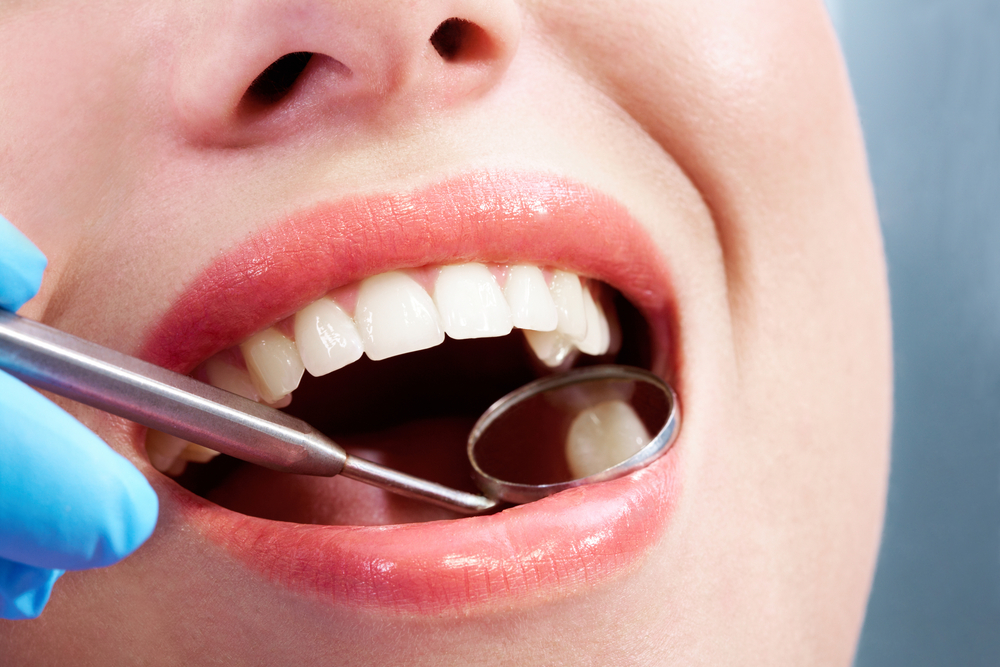

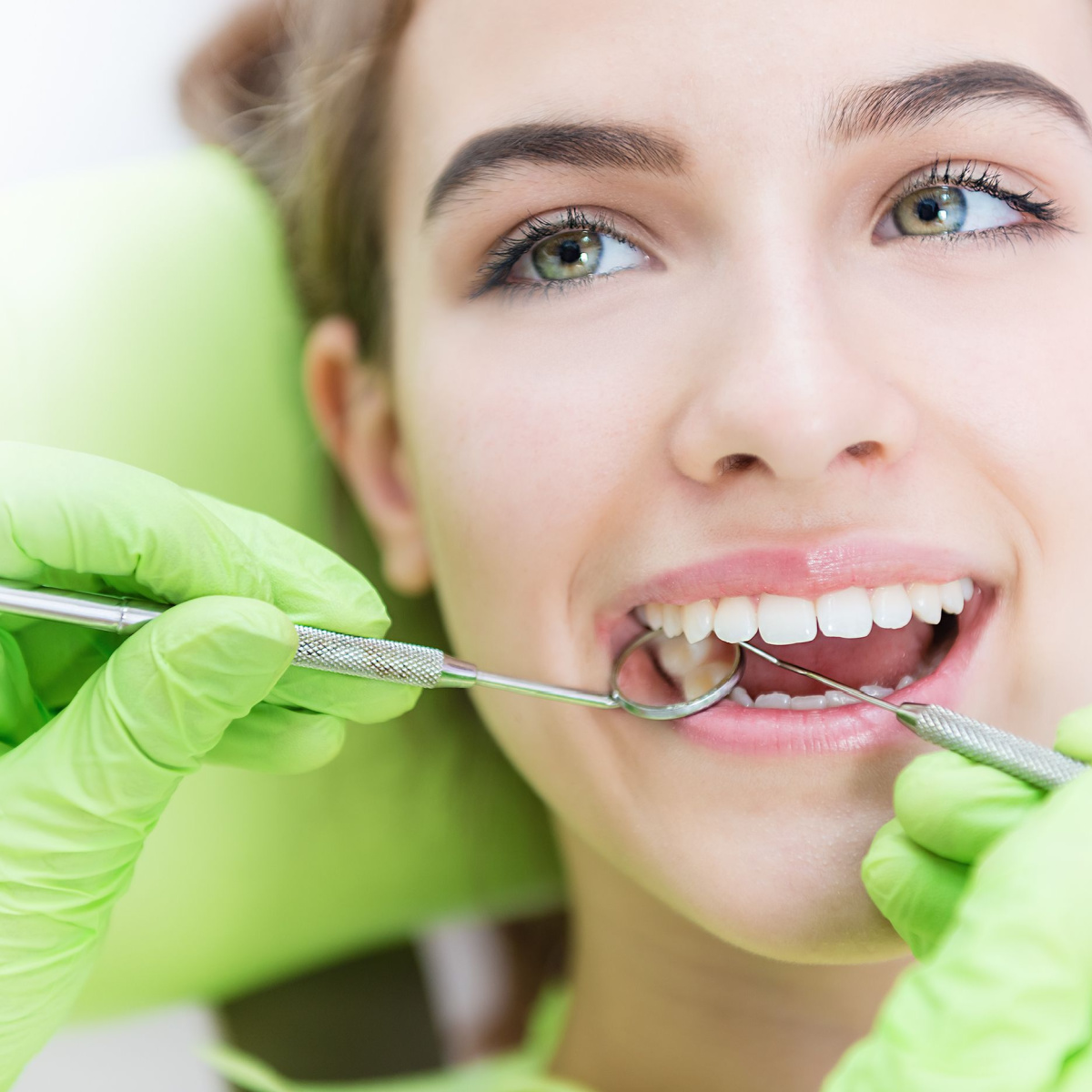
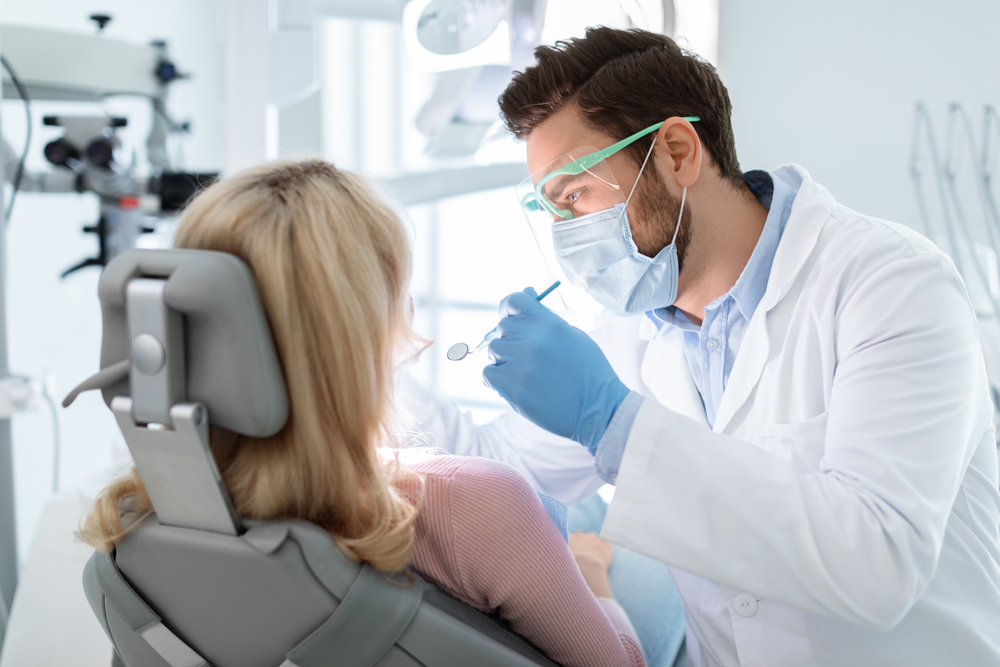
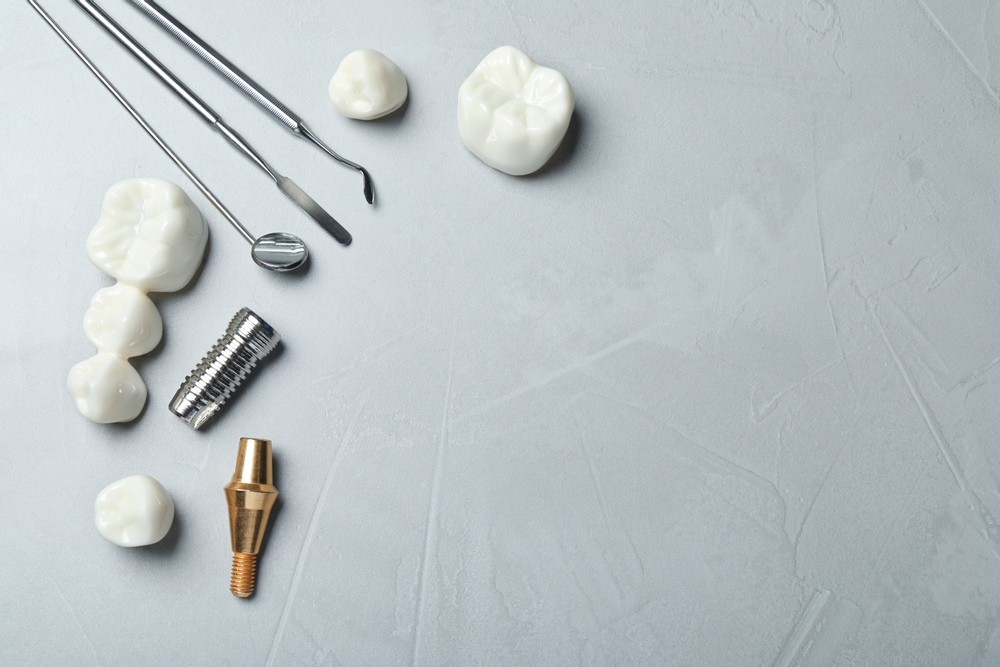
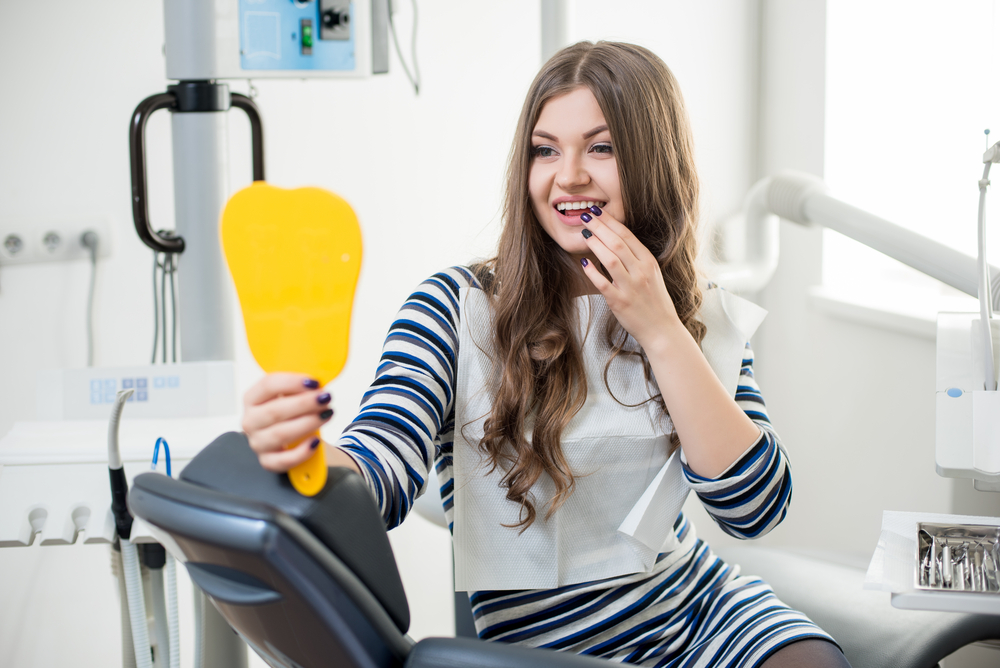
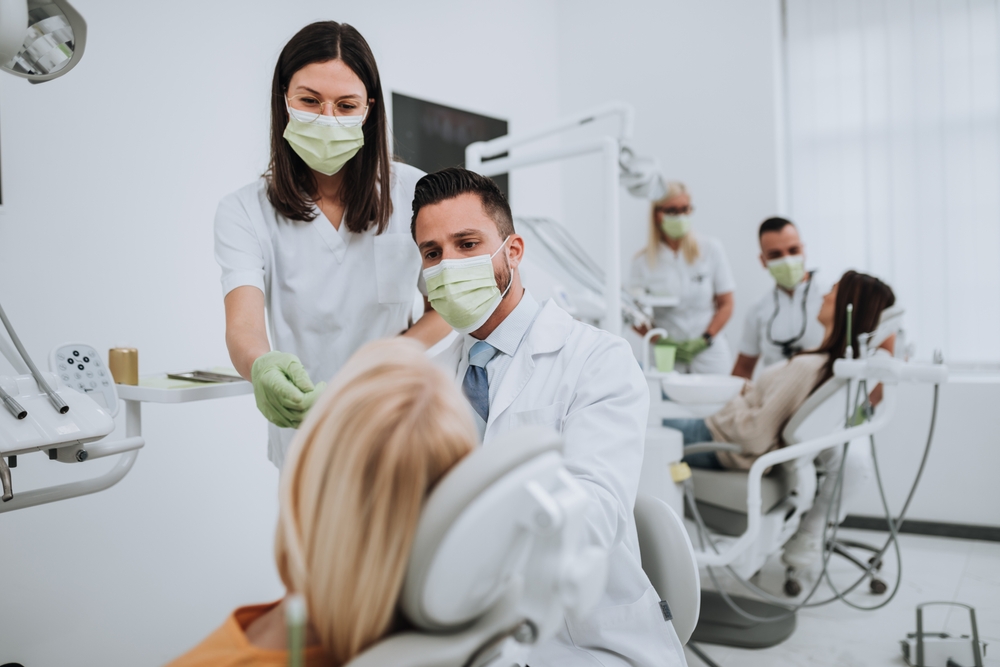

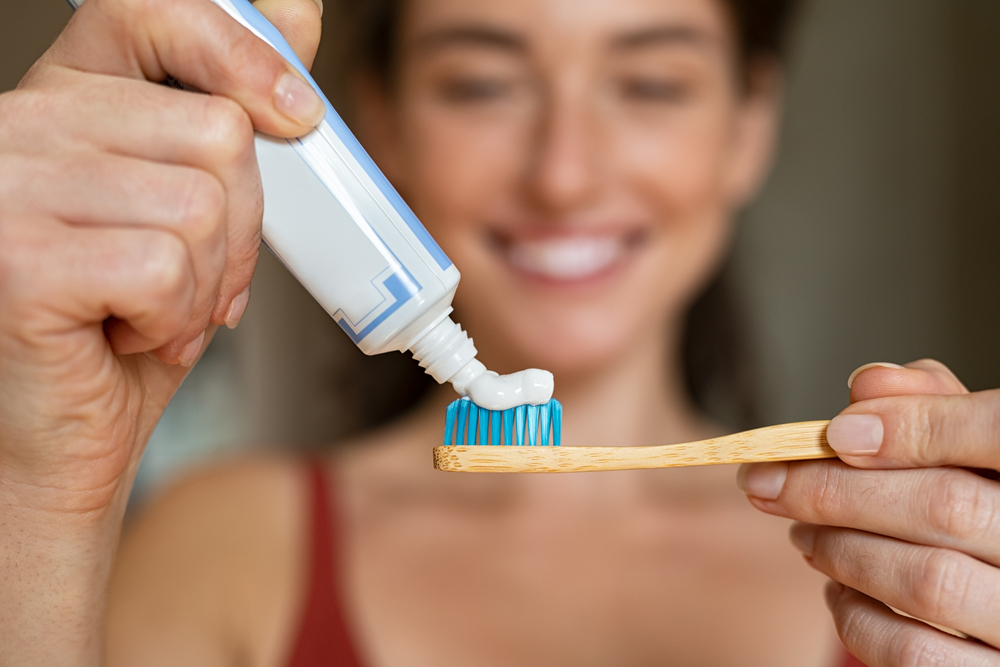
Our clinic offers all kinds of services and constantly study new
technology to add new custom services to the list
Phone: (281)993-9900
Address: 1812 E. Broadway St. Pearland, TX 77581
Copyright © 2021 Pearland Dental Group | Managed by Now Media Group